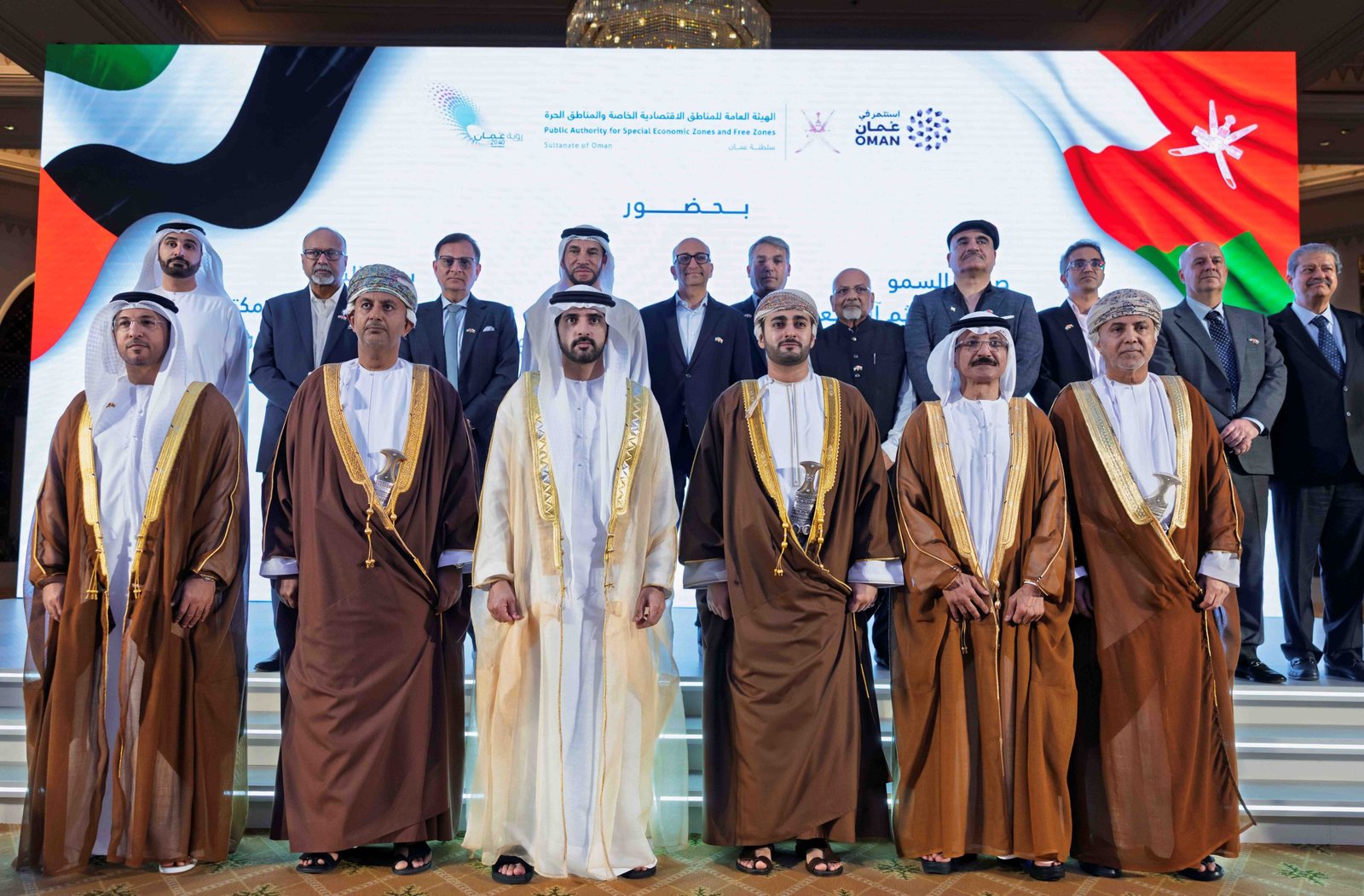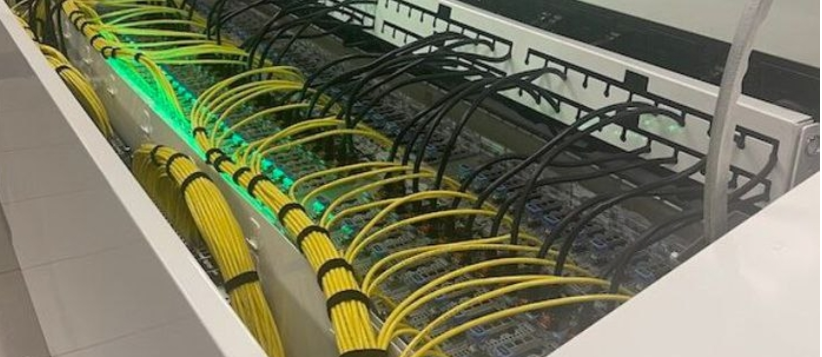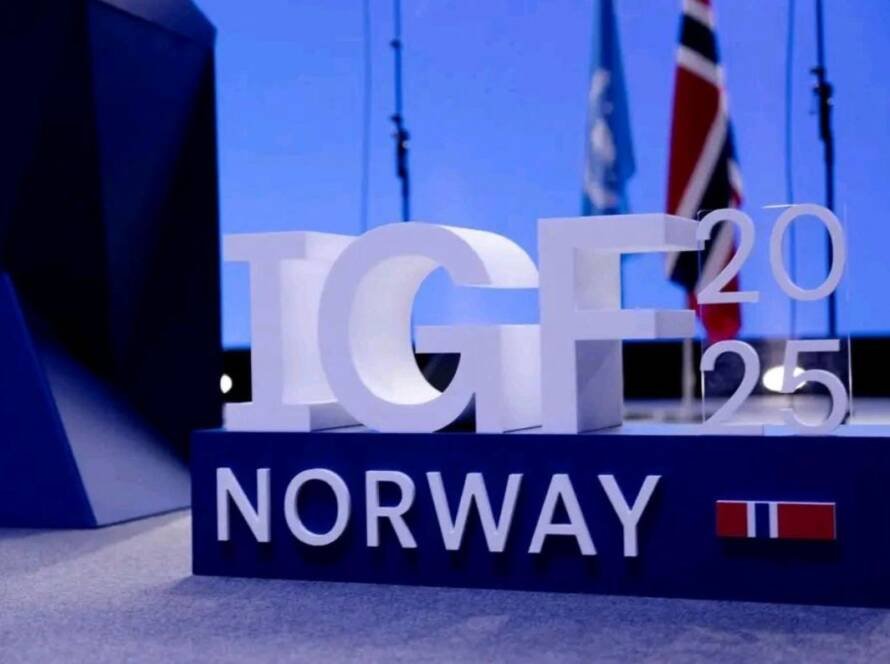
Introduction: A Strategic Shift in Investment Focus
In 2025, the Al Rawdah Special Economic Zone (SEZ) is emerging as one of the most attractive investment destinations for leading firms from the United Arab Emirates (UAE). With strategic policies, infrastructure incentives, and regional positioning, Al Rawdah SEZ has captured the attention of UAE companies eager to expand their footprint across South Asia and beyond.
The influx of Emirati interest highlights a broader shift in economic strategy, where proximity, policy, and sector-specific opportunities are driving capital flows into high-growth zones like Al Rawdah.
Explore the UAE–US Energy Agreement
What Makes Al Rawdah SEZ Stand Out?
Al Rawdah SEZ offers a unique combination of business-friendly regulations, tax exemptions, world-class logistics, and multi-sector industrial zoning. Positioned near key trade corridors and ports, it serves as a logistical gateway to Central Asia, China, and the Middle East.
Some of its standout features include:
100% foreign ownership for investors
Tax holidays of up to 10 years
Streamlined customs procedures
Integrated industrial and technology parks
Access to skilled and semi-skilled labor at competitive costs
These features align perfectly with the needs of UAE firms looking for efficiency, speed, and market access.
UAE investment in Al Rawdah SEZ is not a random occurrence—it’s part of a calculated regional strategy. As the UAE accelerates its efforts under “Operation 300bn” and other diversification initiatives, Emirati conglo
merates are actively seeking new markets and manufacturing bases.
By establishing a presence in Al Rawdah SEZ, UAE firms can:
Expand their export capabilities
Benefit from regional trade agreements
Tap into emerging consumer markets in Pakistan, Central Asia, and China
Build resilient supply chains closer to production sources
This investment also supports the UAE’s ambitions to become a global logistics and industrial powerhouse, linking Gulf innovation with South Asian productivity.
Discover the Global Data Center Drive
Sector-Wise Breakdown: Who’s Investing and Why
A wide range of UAE sectors are eyeing opportunities in Al Rawdah SEZ:
1. Manufacturing & Logistics
Emirati industrial giants are investing in assembly lines, packaging facilities, and regional distribution hubs. Al Rawdah’s proximity to major highways and rail networks is a game-changer for cost-effective logistics.
2. Agri-Tech & Food Security
Firms focused on food processing and agri-tech see the SEZ as a gateway to sustainable agricultural sourcing and production. With global food security a top priority, Al Rawdah offers fertile ground—both literally and economically.
3. Technology & Renewable Energy
Tech startups and green energy firms are setting up R&D and pilot projects in the SEZ. With government support and cross-border innovation initiatives, UAE companies are helping build a future-focused industrial base.
4. Real Estate & Infrastructure
UAE-based developers are partnering with local authorities to build logistics parks, commercial spaces, and smart industrial townships—cementing long-term engagement in the region.
The Role of Bilateral Cooperation
The recent Pakistan-UAE trade agreements have enhanced the attractiveness of zones like Al Rawdah. Reduced tariffs, improved bilateral relations, and coordinated development goals are boosting investor confidence. High-level government support from both countries ensures policy consistency and long-term vision alignment.
Additionally, diplomatic backing provides UAE firms with a level of security and strategic assurance that is essential for large-scale investments.
Learn more about UAE Al-Rawdah SEZ
Conclusion: A Gateway for Regional Growth
Al Rawdah SEZ is quickly becoming a symbol of regional economic integration and private-sector dynamism. For UAE firms, it represents not just a business opportunity, but a strategic foothold in one of the fastest-growing corridors of Asia.
As global supply chains realign and regional cooperation strengthens, Al Rawdah SEZ stands at the crossroads of trade, technology, and transformation. UAE investments in this zone are not only shaping the future of bilateral relations but also redefining how regional hubs power global growth.




